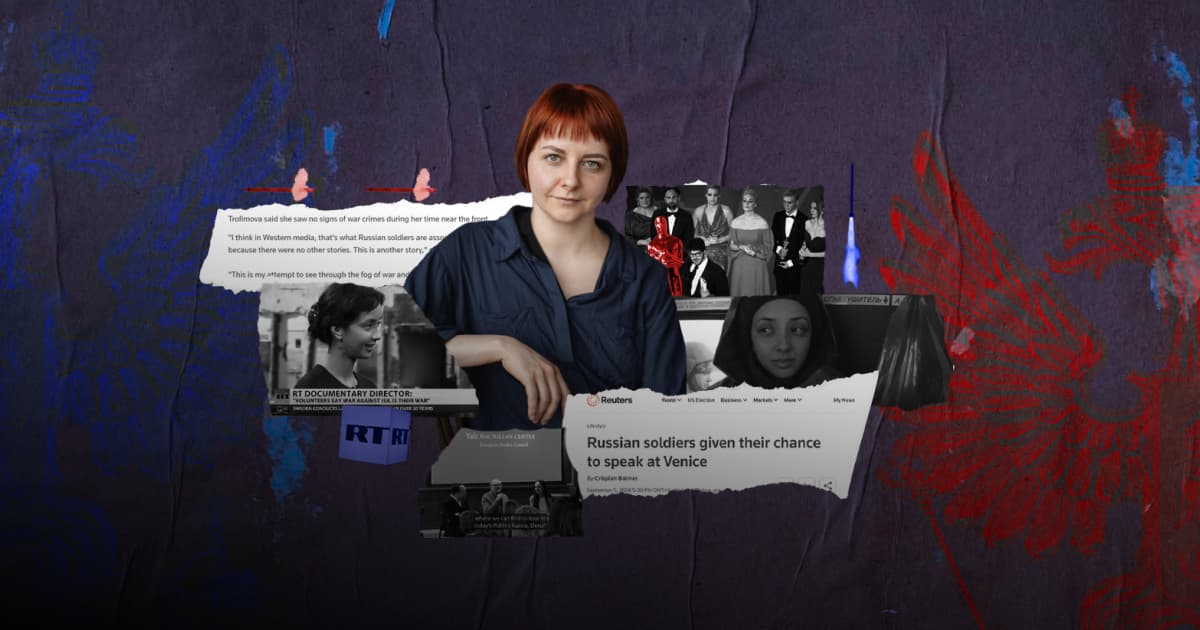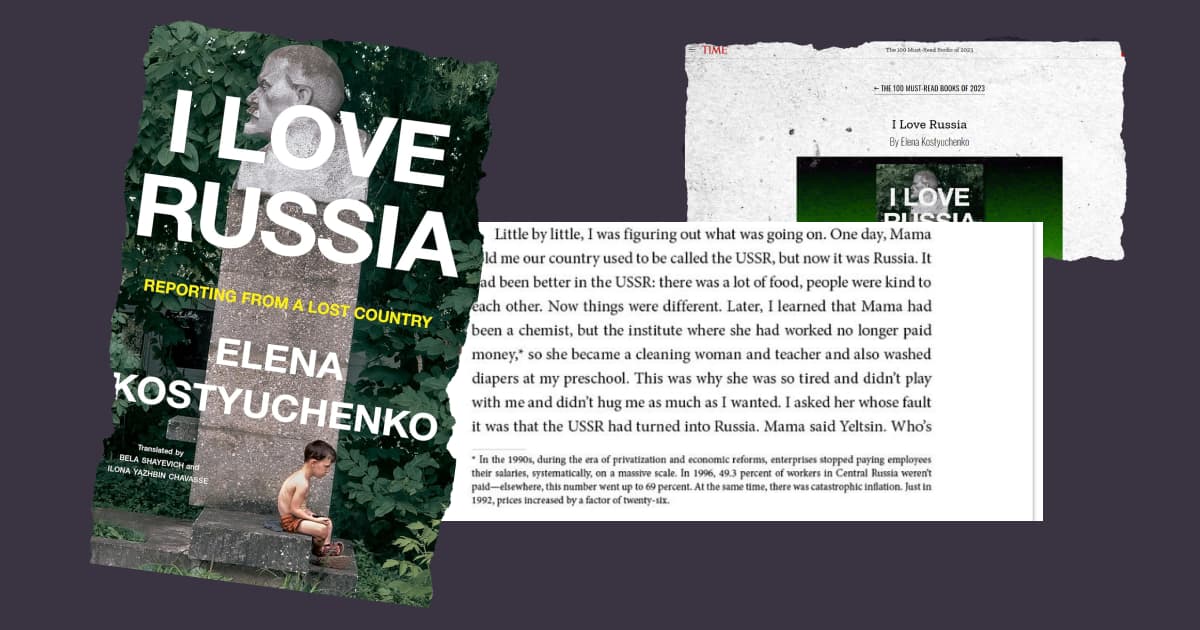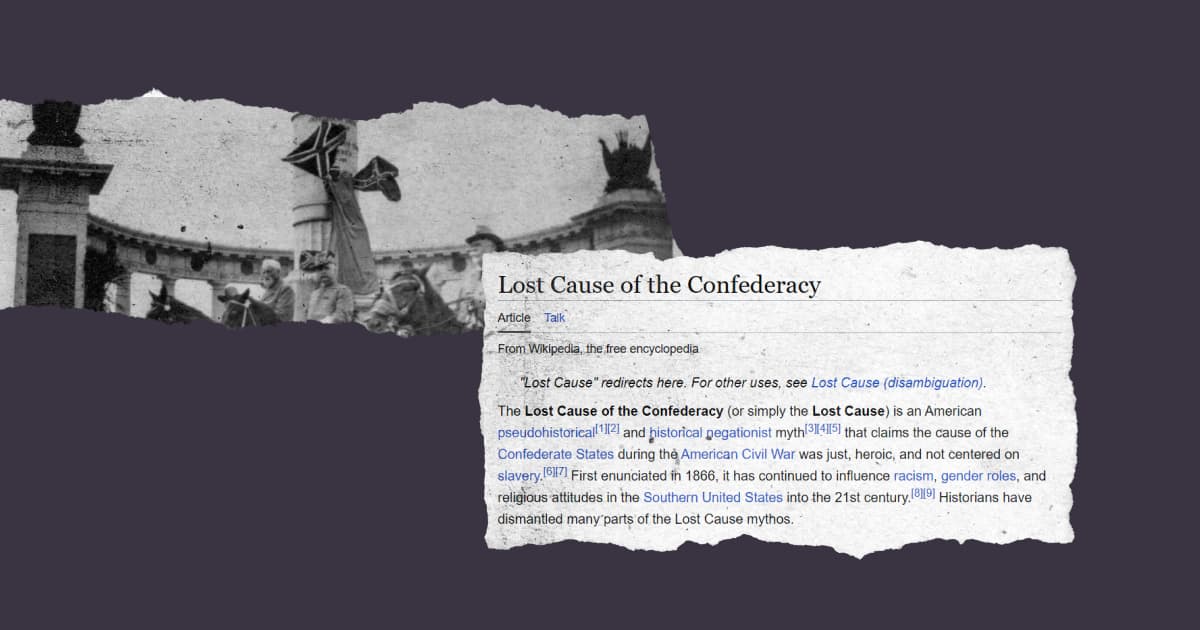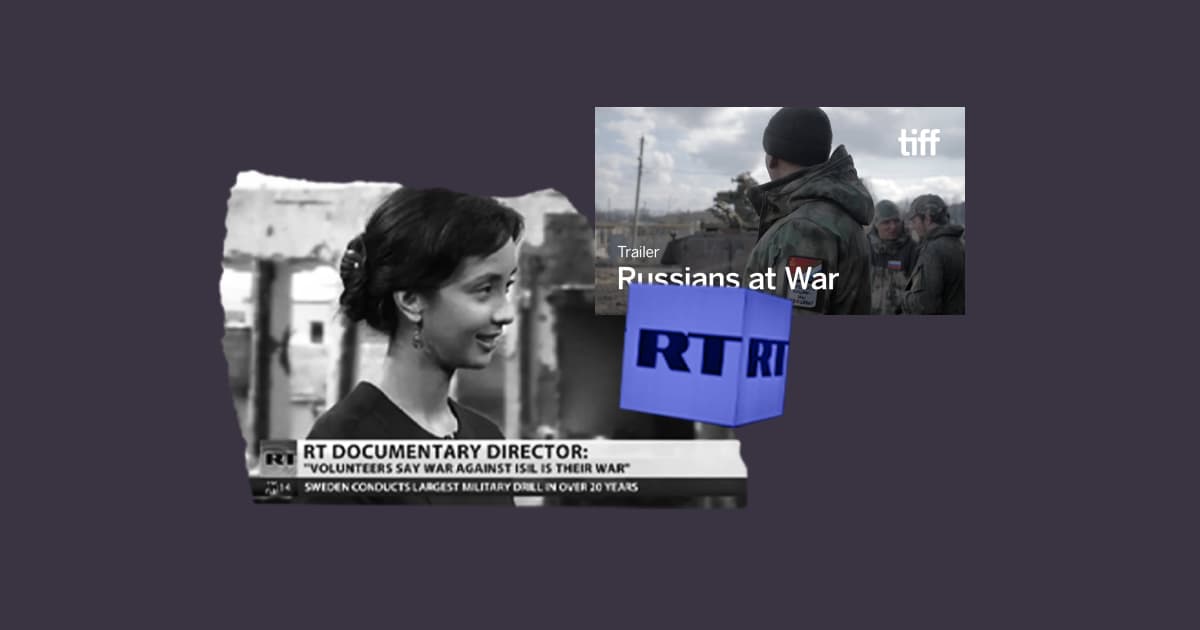This is (not?) propaganda
Iryna Domnenko

“The Venice Film Festival presents a documentary by Russian-Canadian filmmaker Anastasia Trofimova, and I am writing this column at night on the floor of a corridor to the sound of air raid alarms in Kyiv.”
Iryna Domnenko is an independent researcher, trainer, and developer of educational programs for civic activists and youth. She is an alumna of the international programs Policy Designers Network, Community Solutions Program, and the post-graduate program on Strategic Communications by Sympodium Institute for Strategic Communications.
“Russian soldiers given their chance to speak at Venice” is the headline of a September 5, 2024, Reuters article about a documentary by Russian-Canadian filmmaker Anastasia Trofimova that was presented at the Venice Film Festival. Today is September 8, and I am writing this column at night on the floor of a corridor to the sound of air raid alarms in Kyiv.
Over the past three days, many texts and posts have been written on social media about what is wrong with this film and why it is an example of Russian propaganda, albeit well disguised as an independent documentary. I would like to go a little deeper - into the question, “How did it become possible that in the 3rd year of a full-scale war, after documentary evidence of Russia's crimes in Ukraine, a Russian propaganda film is presented at the largest film festival in Europe and people sympathize with it.”
In my opinion, all this is very logical if you look at the trend since 2022. Before 2022, many countries lived under the illusion of the Russian propaganda machine; after 2022, many woke up. It became clear that it was no longer possible to achieve goals with direct propaganda. At Stony Brook University, I attended several media literacy classes in the fall of 2023, Russia Today was cited in the very first class as an example of government propaganda well disguised as a supposedly high-quality media resource for a foreign audience. So what to do? Russia is not worried because it has many more hidden sources of propaganda. I will not recount the investigations of OSINT teams about Russian funding of foreign politicians, Russian cultural institutions that were a cover for spies, etc. I will draw attention to 2 examples that I have personal experience with.
In February 2023, a movie about Navalny wins an Oscar. Russia is testing whether, a year after the full-scale invasion of Ukraine by its troops, the world can still sympathize with some “exceptional” Russians, after Bucha, Izyum, massacres, and tortures. And it turns out that, yes, foreigners do sympathize and swallow this narrative. I accidentally met Odesa Rae, the producer of the film about Navalny, at the New York Documentary Film Festival in November 2023 and asked her about the imperialism of Navalny's team. She answered something like, “Well, yes, they are imperialists, but they are Russians,” as if they could do it, as if it was their peculiarity and could be overlooked.
Lets move forward to the fall of 2023, when Elena Kostyuchenko's book “I Love Russia” was presented. The book is published not just anywhere but by Penguin Press, and the author herself gives presentations at top universities in New York. I attended the presentation at Yale University, and to summarize, Elena called the war a war, and said that, unfortunately, as a journalist, she did not do enough to prevent this war and had to do more than just write quality materials. At the same time, Yelena sympathizes with the people in Russia, saying that they have no choice and that she understands why the mother of the deceased Russian chooses to consider him a hero rather than an occupier and a criminal. You can watch Elena's presentations at Columbus State University and Yale University on YouTube.

And yes, the Western liberal world has eaten this narrative — the narrative of poor Russians who have no choice. Time magazine even included Kostyuchenko's book in the list of 100 must-read books of 2023. There are no books by Ukrainian authors on this list, nor are there any authors from other Eastern Europe and Central Asia countries.
Finally, the 2024 Venice Film Festival. A film by a former (???) employee of the Russian propaganda media Russia Today about how Russians do not understand the essence of war, that “we have to humanize everyone,” etc. Do you see a tendency?
In my opinion, the Russian propaganda system simply tested the limits of what was permissible, gradually expanding them in its favor. First, you sympathize with an anti-corruption politician, then with the relatives of Russians who went to war, and now with Russian soldiers themselves. What's next? Will the Russians say that it was the Ukrainians who killed themselves? I would not be surprised, just as I would not be surprised if there are people abroad who believe this.
Because the Russians have not invented anything new, they continue to use methods that have worked elsewhere in the world. The myth of the clean Wehrmacht worked to whitewash German soldiers after World War II. It was a post-World War II narrative that suggested the German Wehrmacht (armed forces) was largely uninvolved in the war crimes and atrocities committed by the Nazi regime. This myth posits that the Wehrmacht fought honorably and adhered to the traditional rules of warfare, distancing itself from the actions of the SS and other Nazi organizations. However, historical research has thoroughly debunked this myth. Evidence shows that the Wehrmacht was deeply complicit in numerous war crimes, including the mass murder of civilians, the execution of prisoners of war, and participation in the Holocaust.
An even older example is Lost Cause of the Confederacy. This is a pseudohistorical narrative that emerged after the American Civil War. It portrays the Confederate cause as noble and heroic, downplaying or outright denying the central role of slavery. This myth was propagated by former Confederate leaders and sympathizers who sought to reshape public memory of the war. Modern historians have thoroughly debunked the Lost Cause narrative, emphasizing that slavery was indeed the central issue of the Civil War. Despite this, the Lost Cause myth has had a lasting impact on American culture and memory, influencing how the Civil War is remembered and taught in some regions.

Today, the Russians are following the same scheme. Yes, it is more difficult for them because technology allows us to record war crimes and their perpetrators faster and more accurately. But Russians are trying to compensate for this by ensuring that not only the military, as was the case in the above examples, but also allies, sympathizers of Russia, and simply people who do not do their job well enough can promote the narrative. I'll take the Italian case as an example. How did Trofimova's film get to the festival? I asked an Italian photographer, Andrea Bianco, to help me with the sources of information.
So, the director of the Venice Film Festival, Pietrangelo Buttafuoco, is “the former leader of the youth wing of the neo-fascist Italian Social Movement party,” moreover bid Putin’s supporter who called Putin “the only truly right-wing statesman.”
The former (now) Minister of Culture of Italy Gennaro Sangiuliano, who was responsible for cultural policy and put Buttafuoco as a director of the Venice Film Festival, used to be part of Fronte universitario d'azione nazionale, an extreme right organization, and MSI, a neo-fascist political party. He also wrote a book, “Putin,” published in 2018. Andrea Bianko has read this book, and he says that “he creates a romantic image of Putin as a hero that was not understood and that proved his great virtues in the face of a difficult life. He calls putin “volodya” and the rink names most of the book. It is something really pathetic.”
Finally, the Canada Media Fund allocated 340,000 Canadian dollars to Trofimova’s film. Canadian staff did not check Anastasia Trofimova's background or are not competent to question her impartiality after years of working for a Russian propaganda channel.
I believe such cases are not accidental but part of Russia's systematic work in cognitive warfare. In the last few years, researchers have been placing this concept alongside military domains and defining it as “an unconventional form of warfare that uses cyber tools to alter enemy cognitive processes, exploit mental biases or reflexive thinking, and provoke thought distortions, influence decision-making and hinder actions, with negative effects, both at the individual and collective levels.” Experts are increasingly warning about this and urging NATO to move from a reactive to a proactive position in dealing with these threats, because “if militaries remain reactive, it will lead to losing the technological initiative that is so vital to military strategy today.”
But we have only seen reactions so far, and they are not overly concerned. When I am writing this op-ed, there has been no official response from Canadian officials. TVO has only stated that Anastasia was at the front without permission of the Russian military leadership.. Seven months! People with critical thinking and a minimal understanding of the hierarchy of the army will realize that this is impossible, especially in Russia, an authoritarian state.

The screening of Anastasia Trofimova's film is scheduled for September 10 at TIFF. By the time this column is published, the premiere will have already taken place, and Western democracies will have swallowed another Russian propaganda narrative. Or they won't if the Ukrainian diaspora in Canada fights back.


